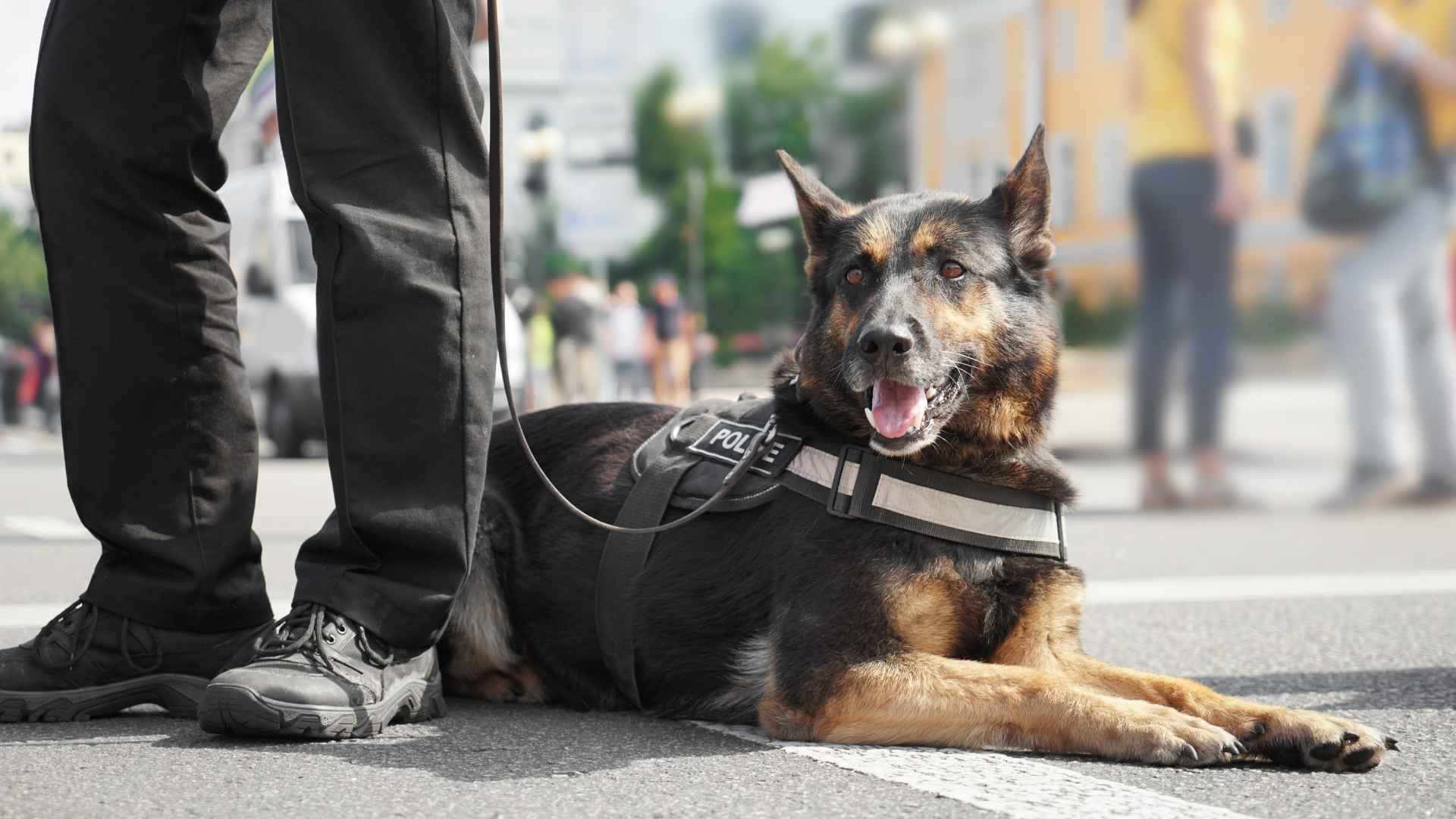From television dramas to real-life news footage, the sight of a police K9 in action is familiar to many. But behind the scenes, these dogs are not chosen for popularity. They are selected for their proven ability to handle some of the most demanding jobs in law enforcement.
In recent years, the role of K9s has expanded, with more breeds being evaluated for specialized tasks like explosive detection and search-and-rescue. Yet, certain breeds continue to dominate because their traits fit the work perfectly.
They combine obedience, endurance, and instinct in a way that makes them reliable under pressure. Viewers might see a brief moment of action, but in reality, these dogs train for countless hours to master their craft.
Here we will examine the breeds most trusted in modern K9 units and the reasons they remain the preferred choice for police work.
Dog Breeds That Love Working In Police K9 Units
1. Doberman Pinscher
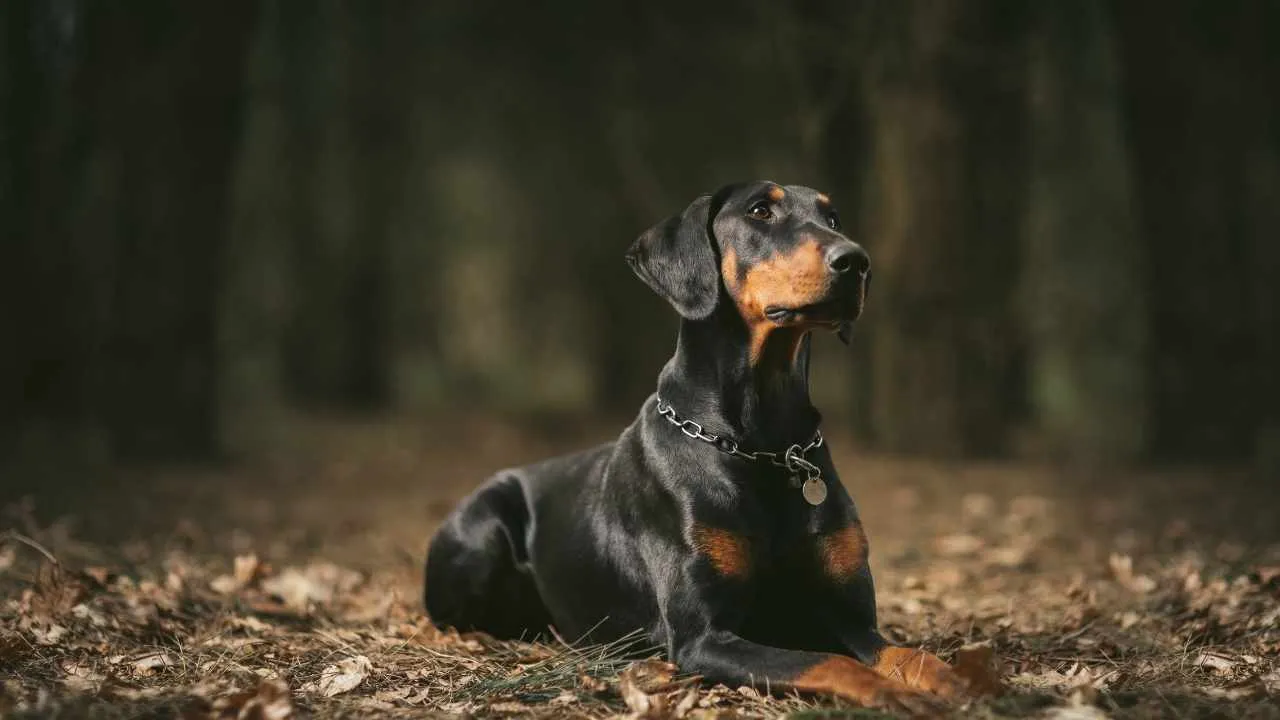
Did You Know: The Doberman Pinscher was initially developed by a German tax collector, Karl Friedrich Louis Dobermann, to serve as a loyal protection companion.
Dobermans are valued for their speed, which allows them to cover ground quickly during suspect chases. Their athletic build supports rapid acceleration and tight maneuvering in urban or rural settings. This makes them a reliable choice for situations requiring both agility and restraint.
Focused Protection Work
With a natural guarding instinct, they can maintain focus even in chaotic environments. Trained Dobermans work closely with law enforcement officers to secure scenes, block escape routes, and deter aggressive behavior.
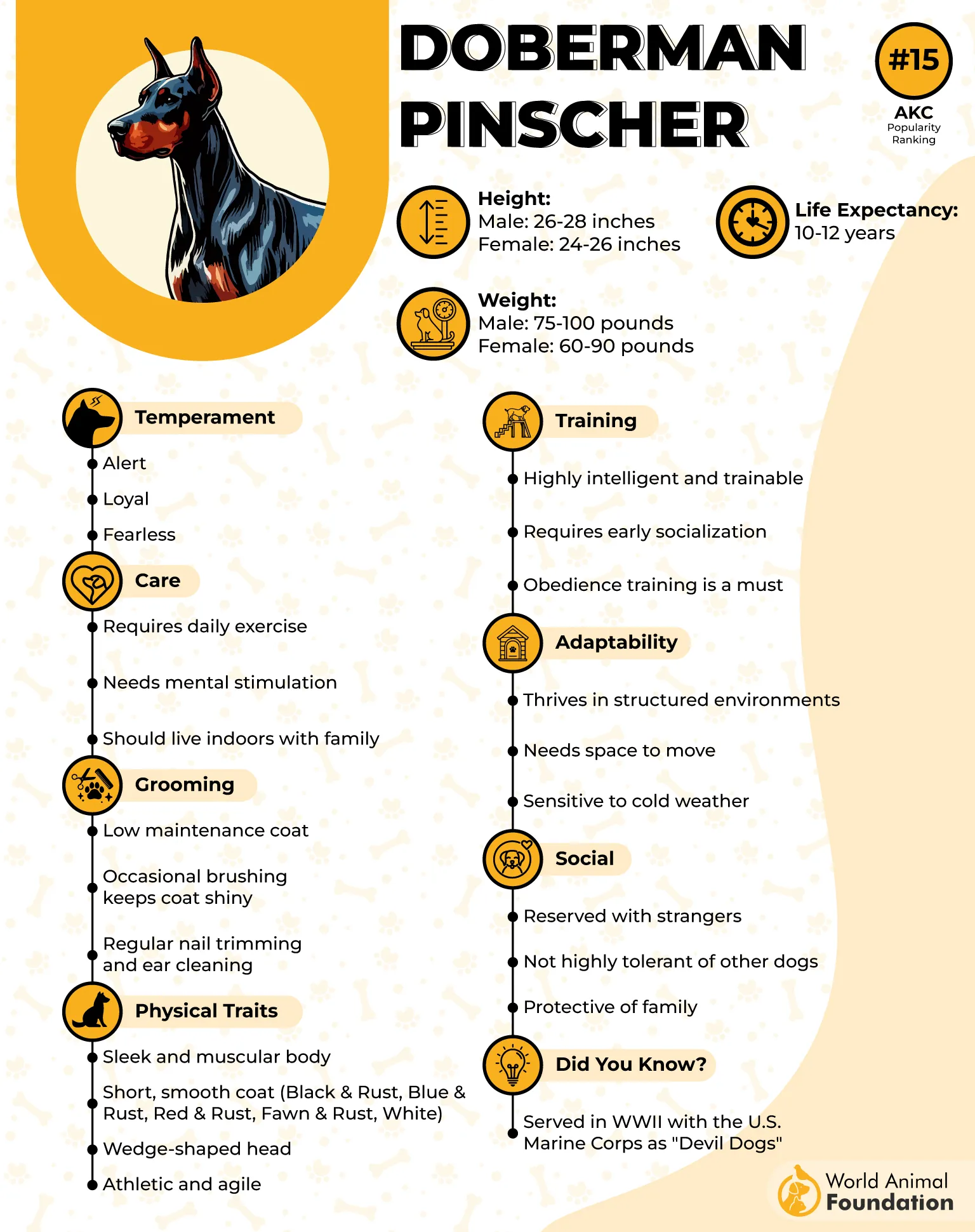
High-Level Obedience
These dogs excel in advanced obedience, learning complex commands that go beyond standard training. This precision allows handlers to guide them in sensitive scenarios such as crowd control. Their consistent performance has helped solidify their reputation as good police dogs.
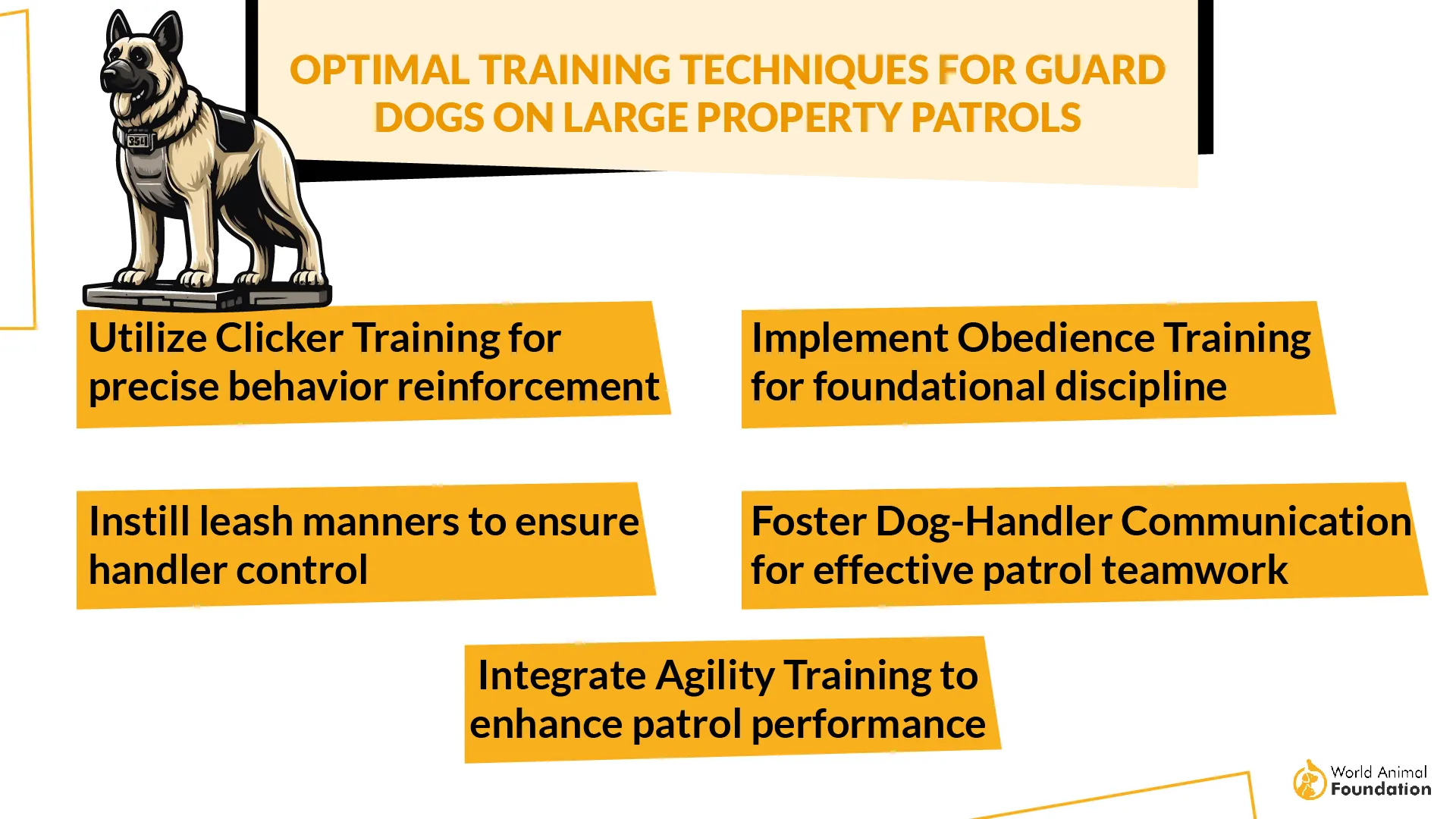
Situational Awareness
Dobermans are quick to detect changes in body language or subtle movements, giving handlers early warning signs during operations. They scan their surroundings constantly, allowing them to react faster than many other breeds. This heightened awareness plays a vital role in officer safety.
2. American Pit Bull Terrier

American Pit Bull Terriers have exceptional jaw strength and muscular build, allowing them to maintain control during apprehensions. Their stamina makes them capable of sustaining long pursuits without losing focus. This physical resilience is one reason they’ve been incorporated into specialized K9 roles.
Determination in High-Pressure Tasks
The breed’s tenacity is well-documented in working environments, enabling them to push through physically and mentally demanding assignments. They remain engaged during extended operations, whether tracking individuals or guarding critical areas.
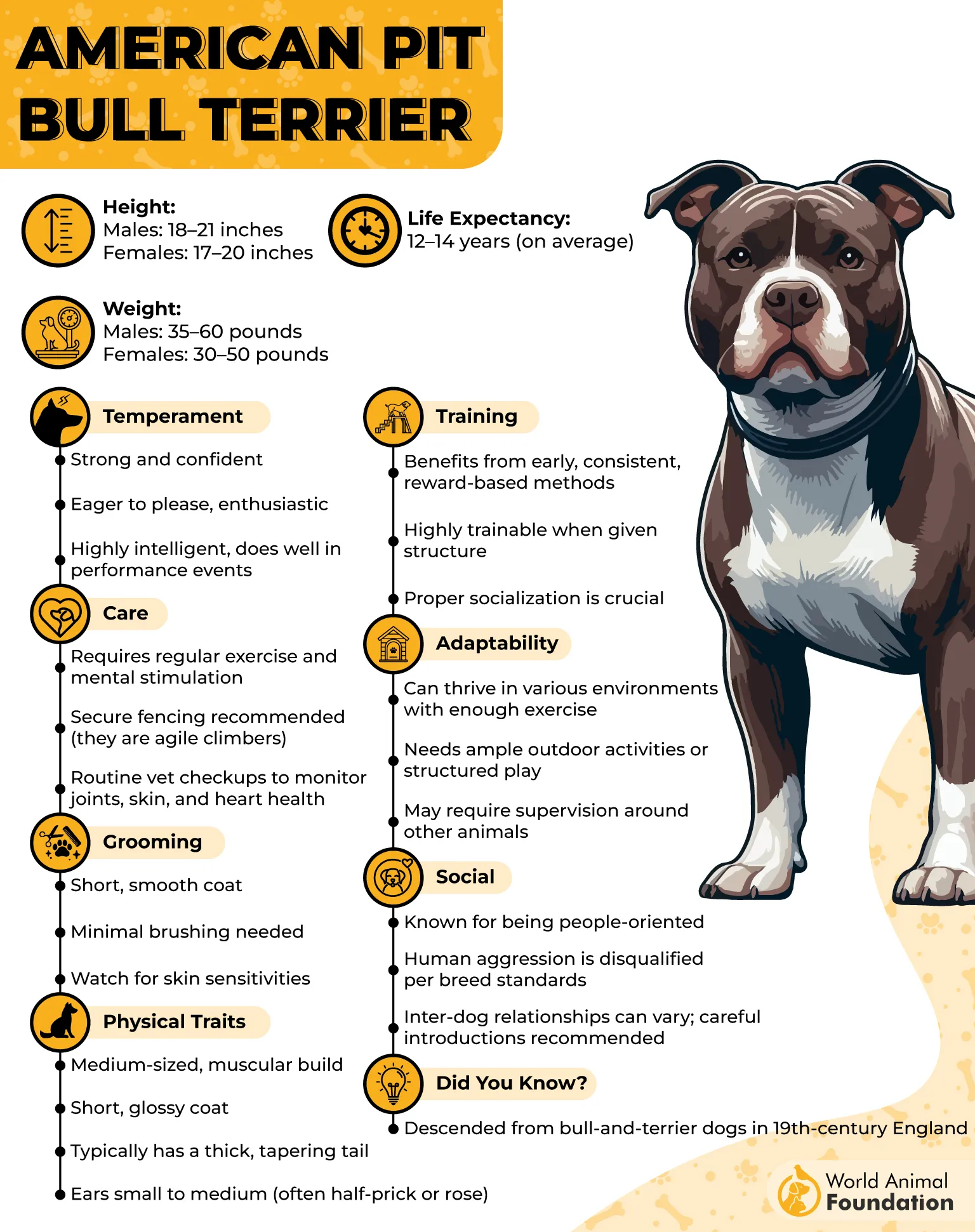
Trainability with Consistent Handling
With proper guidance, they can master advanced obedience and task-specific commands. Their eagerness to work closely with handlers supports clear communication in the field. This level of trainability ensures that commands are followed accurately even in chaotic conditions.
Alertness and Quick Reaction
American Pit Bull Terriers are naturally watchful, often noticing subtle movements or changes before they become threats. This alertness enables a rapid response when sudden action is required. Their focus can be directed toward protection, search work, or deterrence during police operations.
3. Belgian Malinois
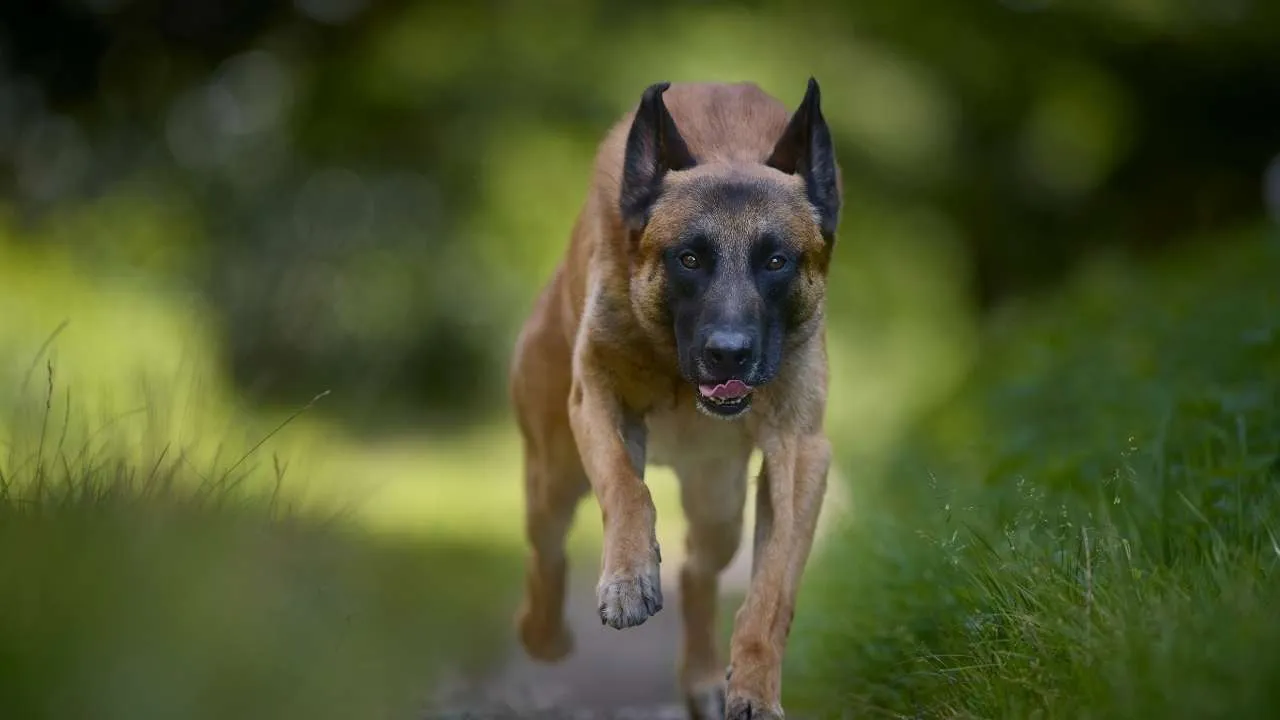
The Belgian Malinois is highly adaptable, performing well in both urban patrol and rural operations. This flexibility allows them to switch between tracking, detection, and apprehension with minimal downtime. Their work rate is one reason they remain among the most popular police dog breeds.
Detection and Search Skills
Their ability to detect scents over large areas makes them invaluable for search and rescue missions. Trained dogs can follow trails that are several hours old, even in challenging terrain. This has proven effective when locating missing people in wilderness or disaster zones.
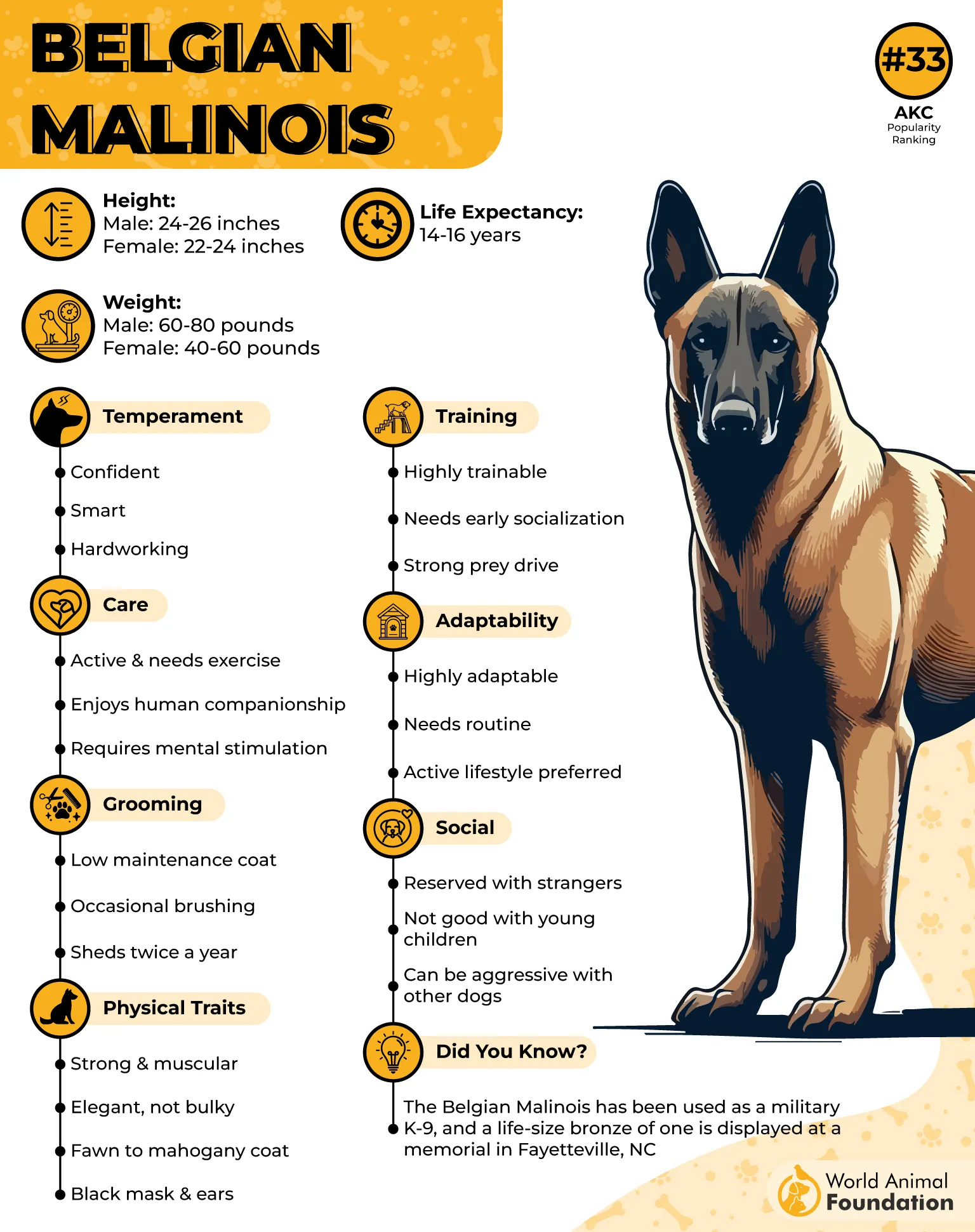
High Cognitive Ability
Ranked among the most intelligent dogs, the Belgian Malinois can quickly learn advanced commands and problem-solving tasks. Their handlers can introduce new techniques without long adjustment periods. This capacity for rapid learning strengthens performance in specialized police work.
Stamina and Drive
These dogs possess strong endurance, allowing them to remain active during lengthy operations. Whether tracking suspects or standing watch, they maintain alertness without significant drops in focus. Their drive makes them suitable for extended assignments under varied environmental conditions.
4. German Shepherd
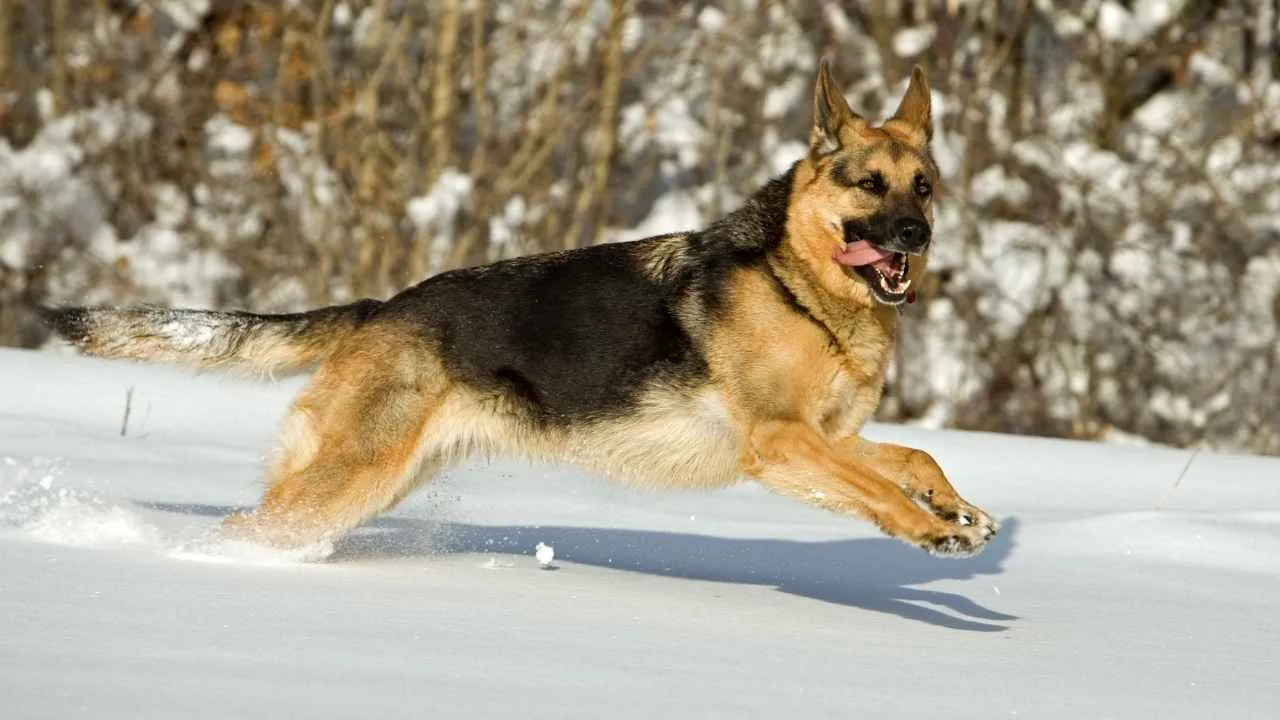
The German Shepherd is widely recognized for handling a wide range of law enforcement duties with precision. They can switch between search operations, patrol work, and detection tasks without losing focus. This adaptability makes them a cornerstone of many K9 units worldwide.
Physical and Mental Capability
Strong muscle tone, balanced structure, and keen senses allow them to operate in both high-speed pursuits and tense standoffs. Their intelligence helps them assess situations and adapt to changes in real time. These traits support their efficiency in apprehending criminals.

Reliable Obedience
A well-trained German Shepherd demonstrates an obedient nature that supports safe and coordinated police work. They follow complex commands in unpredictable settings, which helps maintain control during critical moments. This precision is valued in both urban and rural policing.
Endurance and Work Ethic
As proven working dogs, they can sustain long hours in the field without a drop in performance. Their stamina is paired with a determined attitude that keeps them engaged until a task is complete. This endurance is essential for extended searches or surveillance operations.
5. Labrador Retriever

Labrador Retrievers are trusted by police departments for their exceptional scent detection abilities. Their strong olfactory system allows them to locate narcotics, explosives, and even electronics during investigations. Many units favor them for airport screenings and search operations.
Versatile Skillset
Their adaptability makes them suitable for varied K9 duties beyond detection. Labradors have been integrated into both urban and rural patrols where terrain changes rapidly. This versatility also extends to rescue work in disaster zones, where their stamina proves valuable.
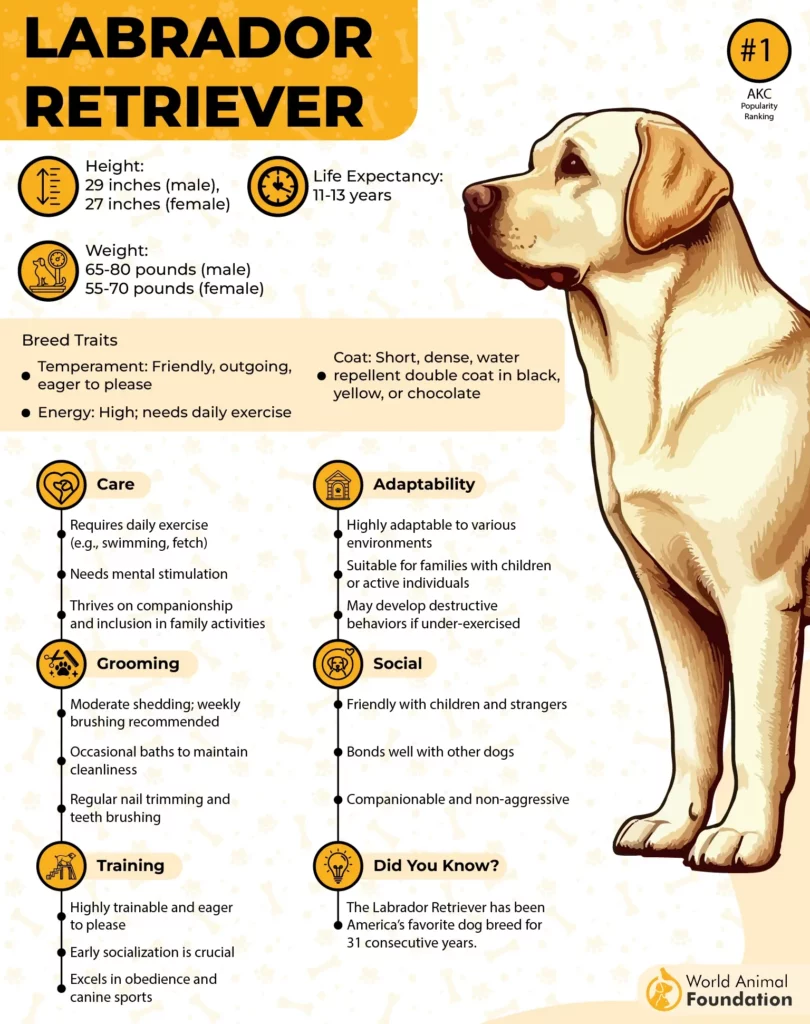
Stable and Reliable Nature
Known for a friendly temperament, Labradors can work in environments with high public interaction without losing focus. This balance of approachability and task commitment is particularly useful for community-based policing and school safety programs.
Consistent Training Response
As a popular breed among service dogs, Labradors respond well to structured training and maintain learned skills over long periods. Their cooperative nature allows them to work effectively with multiple handlers, making scheduling and deployment easier for K9 teams.
6. Bloodhound
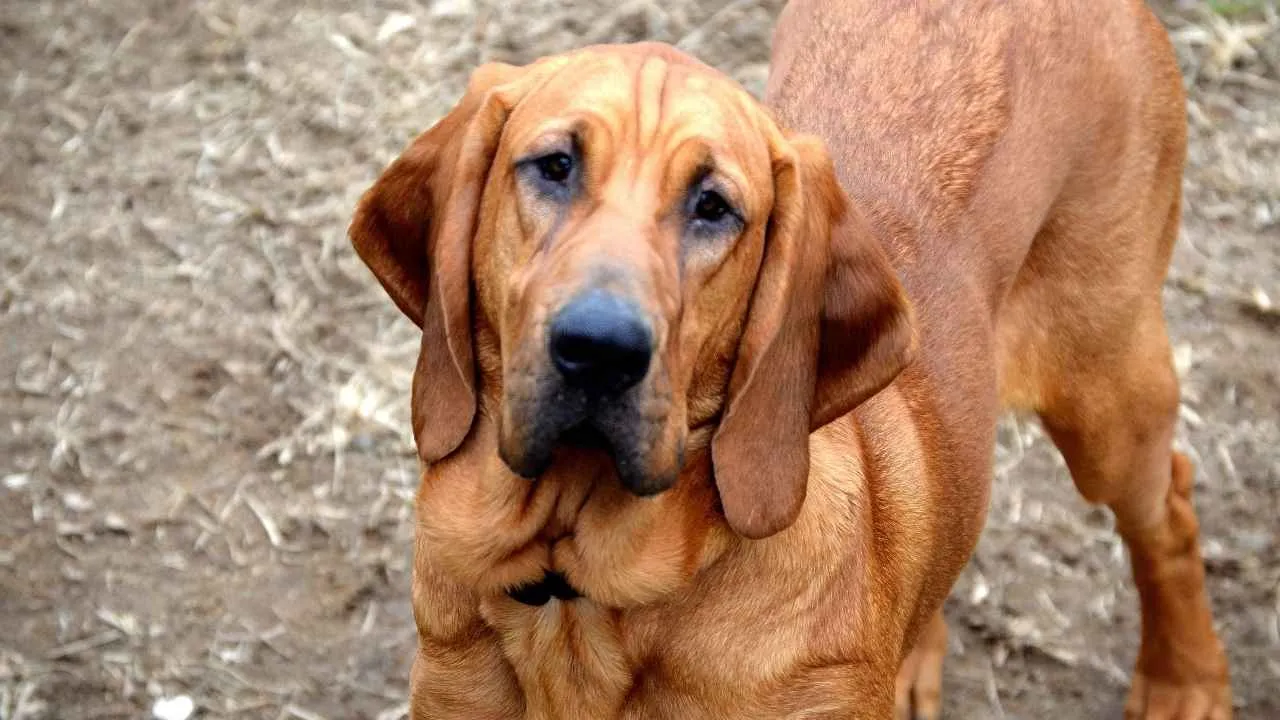
Bloodhounds possess the most powerful scent detection ability recorded in domestic dogs, capable of following a trail for over miles, as per WebMD. Their scent-tracking success rate has made them vital for locating missing persons or fleeing suspects.
Physical Endurance
Their muscular frame and deep chest give them the stamina to work in extended search operations. Bloodhounds can remain active across varied terrain, from forests to urban streets, without significant fatigue. This endurance makes them dependable partners in lengthy K9 unit missions.
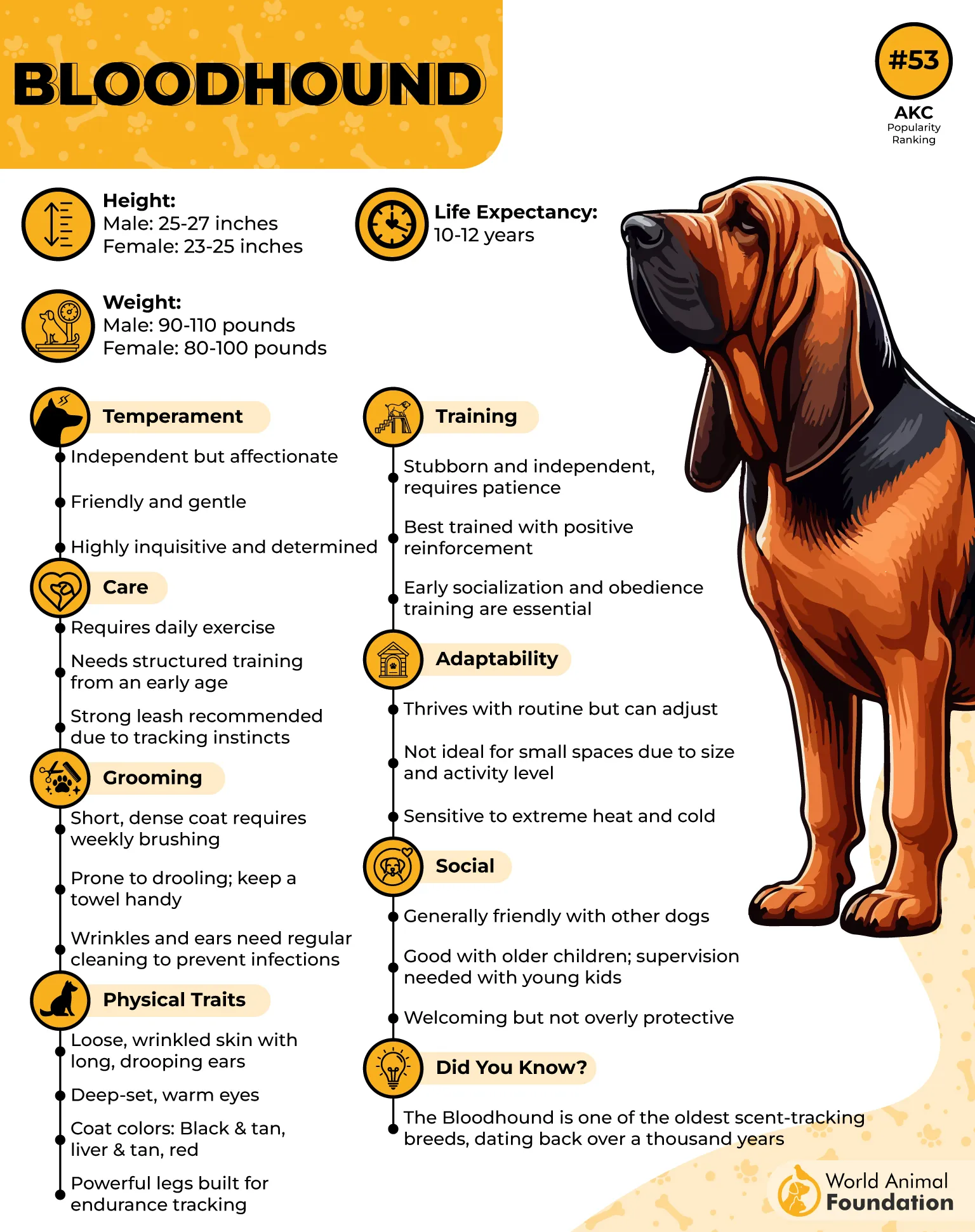
Evidence Reliability
Courts have accepted Bloodhound scent identifications as admissible evidence in some jurisdictions due to their accuracy. When trained properly, they can distinguish between similar human scents, even in high-traffic areas. This precision has been used in both rescue and criminal cases.
Calm Temperament in Public Work
Despite their size, Bloodhounds maintain a steady and non-aggressive nature around civilians. Their ability to work in crowded or tense environments without becoming reactive helps them fit into diverse policing scenarios. This composure ensures they can operate effectively in both rural and urban assignments.
7. Boxer
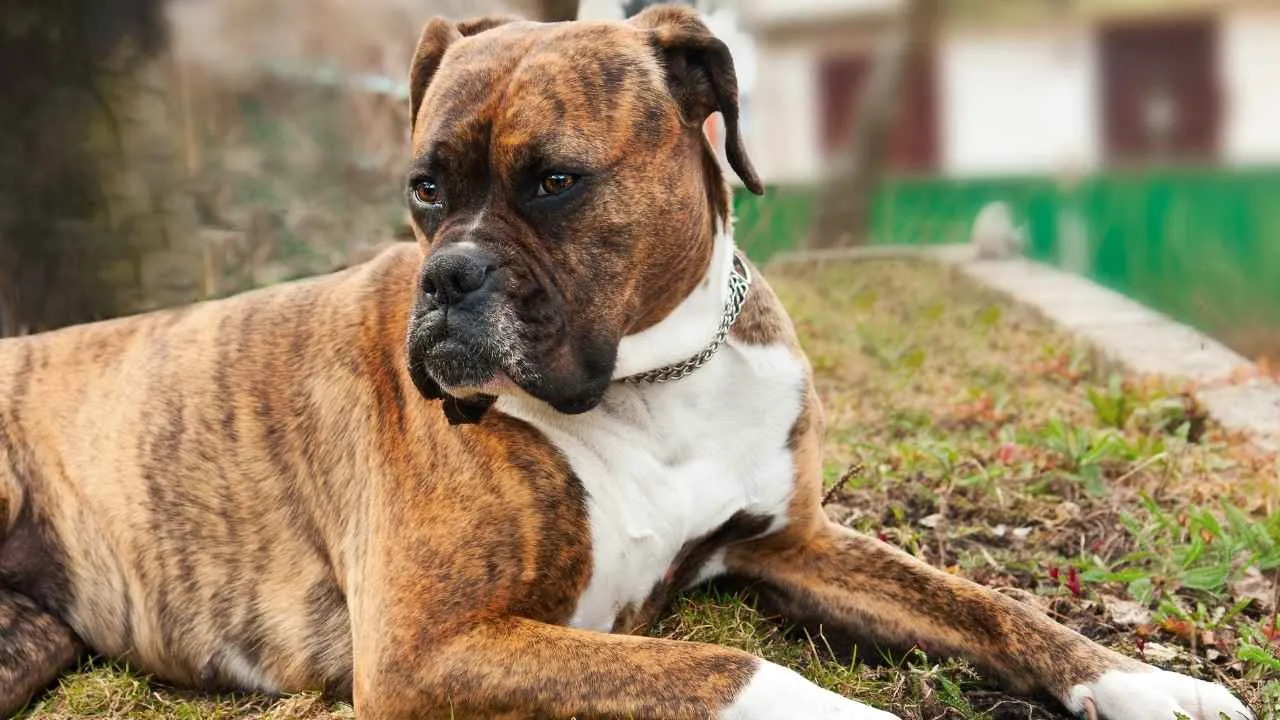
Boxers possess remarkable endurance, making them suitable for tasks that demand prolonged physical effort. This stamina allows them to participate in extended patrols without losing focus. Their muscular build supports explosive movement when speed is required.
Quick Learning Ability
With consistent training, Boxers grasp new commands rapidly and can adapt to changing scenarios during operations. This adaptability makes them valuable in unpredictable environments. Handlers often note their readiness to perform complex exercises under pressure.
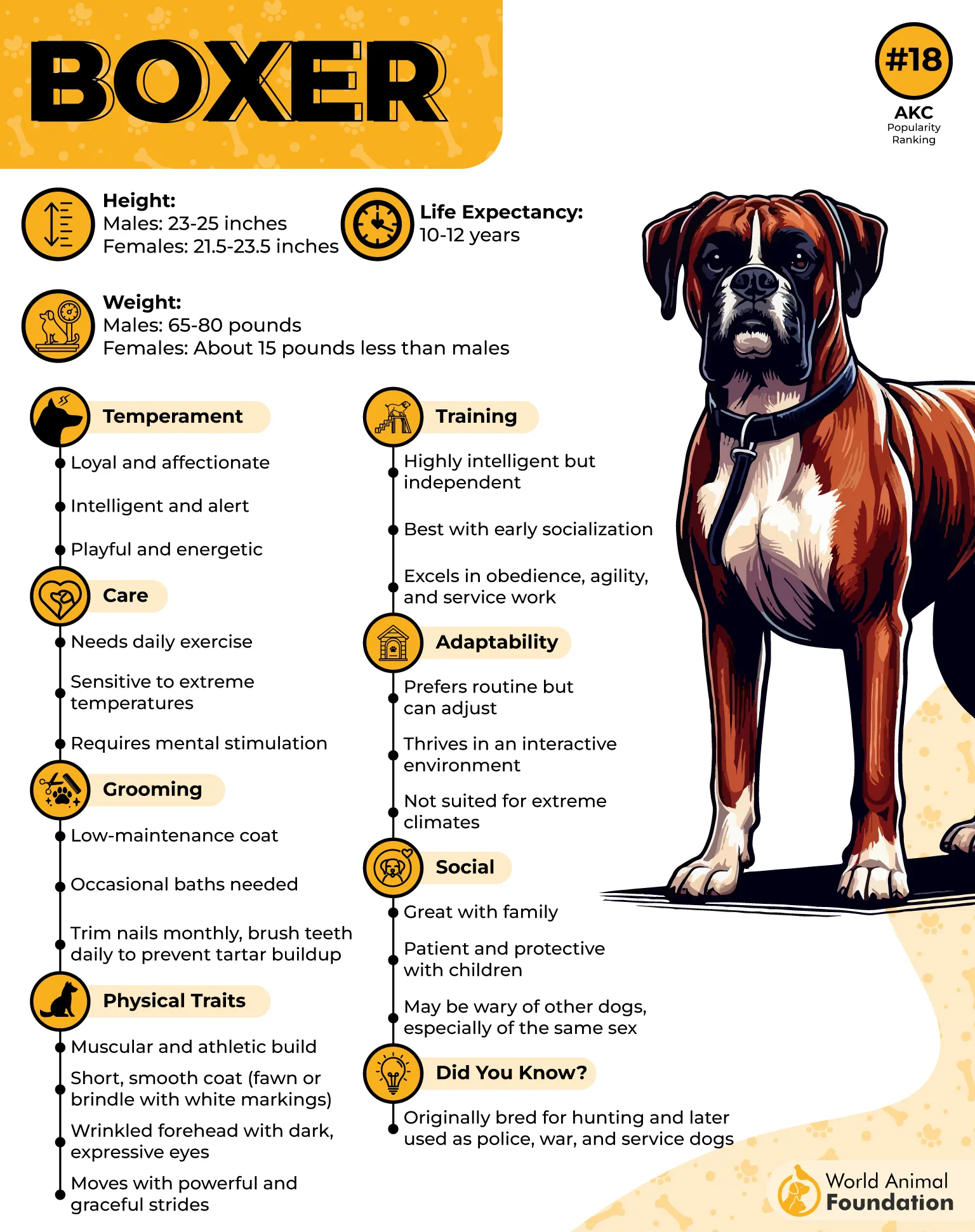
Protective Nature
The breed’s strong protective instincts make them reliable in situations where a firm deterrent is needed. They will position themselves between their handler and potential threats, creating an effective barrier. Their alert posture signals readiness to act when needed.
Controlled Temperament
Boxers can maintain composure during loud noises, sudden movement, or crowded settings. This control ensures they do not overreact, which is essential in public safety roles. Their ability to stay focused despite distractions is a key asset in law enforcement scenarios.
8. Giant Schnauzer
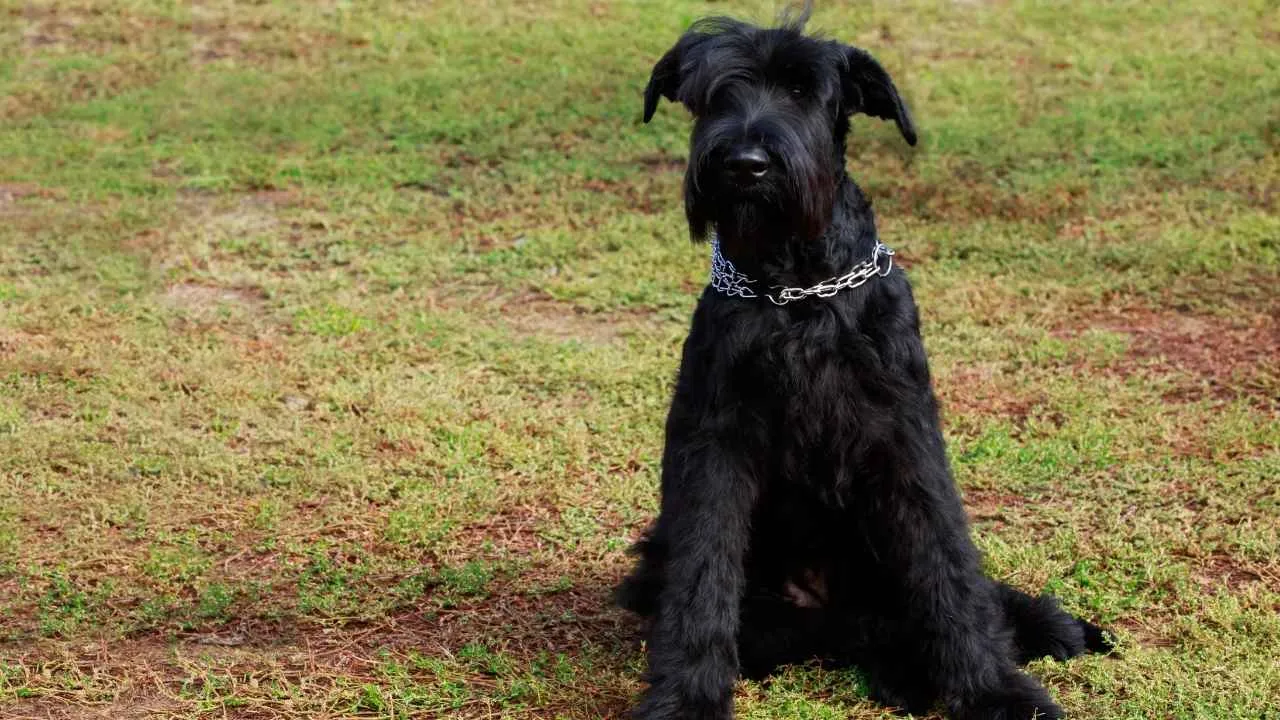
Giant Schnauzers have a commanding frame that can reach 100 pounds, giving them the physical authority needed for suspect apprehension. Their endurance allows them to work extended shifts without losing focus. Handlers value their ability to remain composed under direct confrontation.
Advanced Training Capability
This breed’s intelligence makes it highly responsive to complex instructions. In K9 units, they adapt to specialized roles including narcotics detection and tracking. Their quick learning curve reduces training time while maintaining long-term performance standards.
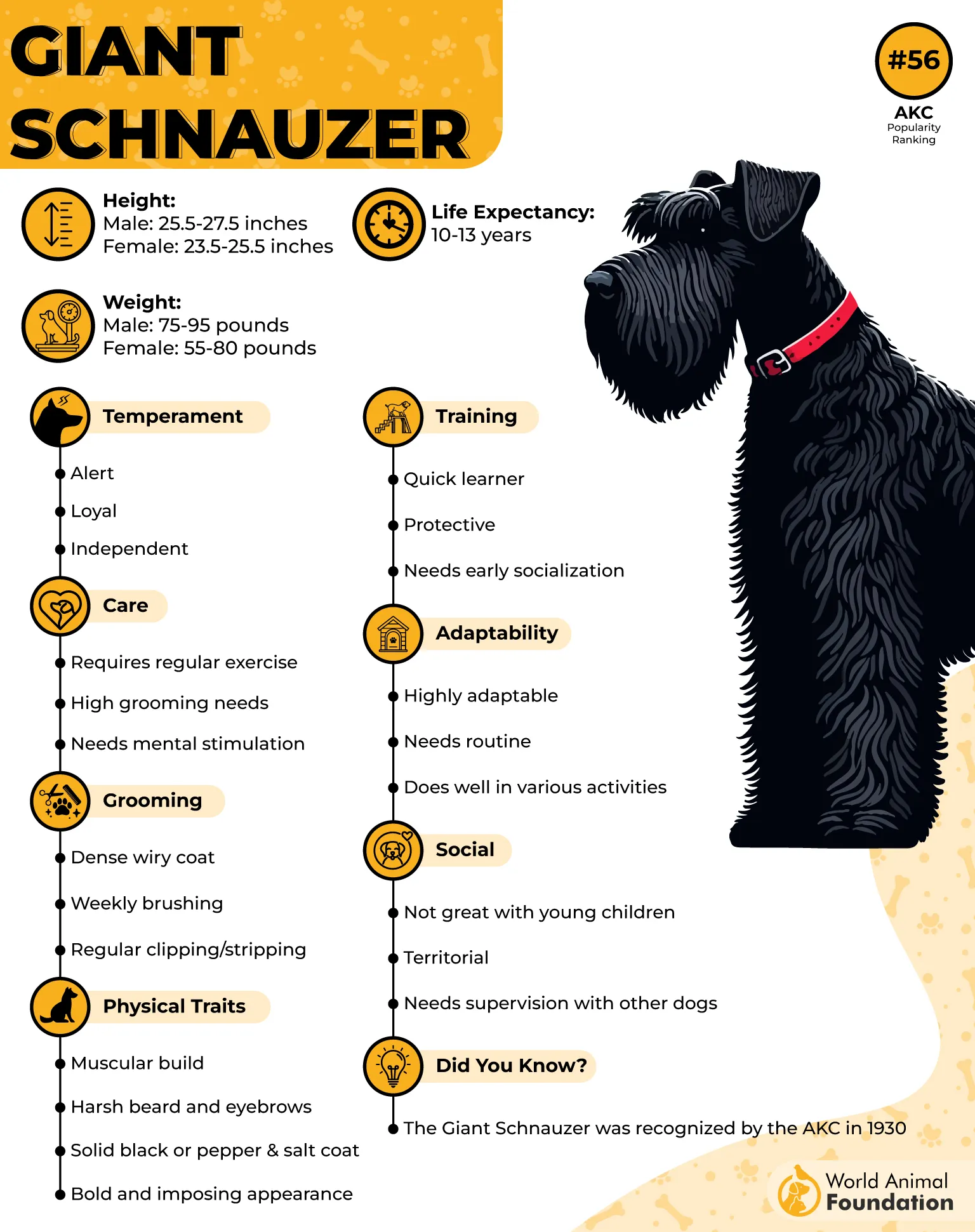
Protective Instinct
Giant Schnauzers naturally guard their handler, maintaining awareness of surroundings even when stationary. This vigilance provides early threat identification during patrols. Their readiness to act helps secure operational zones before escalation occurs.
Work Drive and Stamina
A tireless work ethic keeps them active and engaged during prolonged operations. They perform well in varied environments, from urban streets to rural search areas. Their combination of focus and stamina supports consistent results across different assignments.
9. Dutch Shepherd
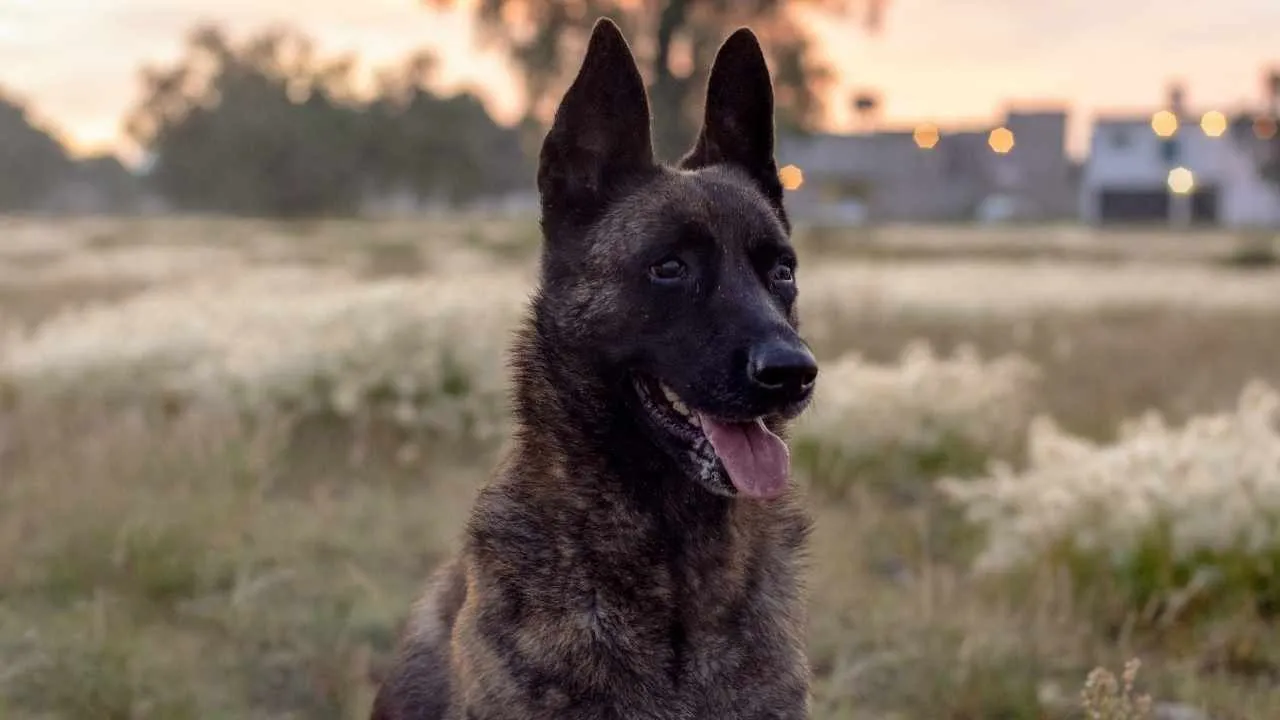
The Dutch Shepherd has a history of excelling in multiple working roles, which directly benefits its adaptability in police K9 operations. It can switch seamlessly between detection work, suspect tracking, and perimeter security. This versatility reduces the need for multiple dogs in a single unit.
Stamina in the Field
Their endurance allows them to remain active during extended patrols or prolonged search missions. Even in challenging weather conditions, they maintain performance without a drop in focus. This stamina is particularly valuable for rural or large-area police coverage.
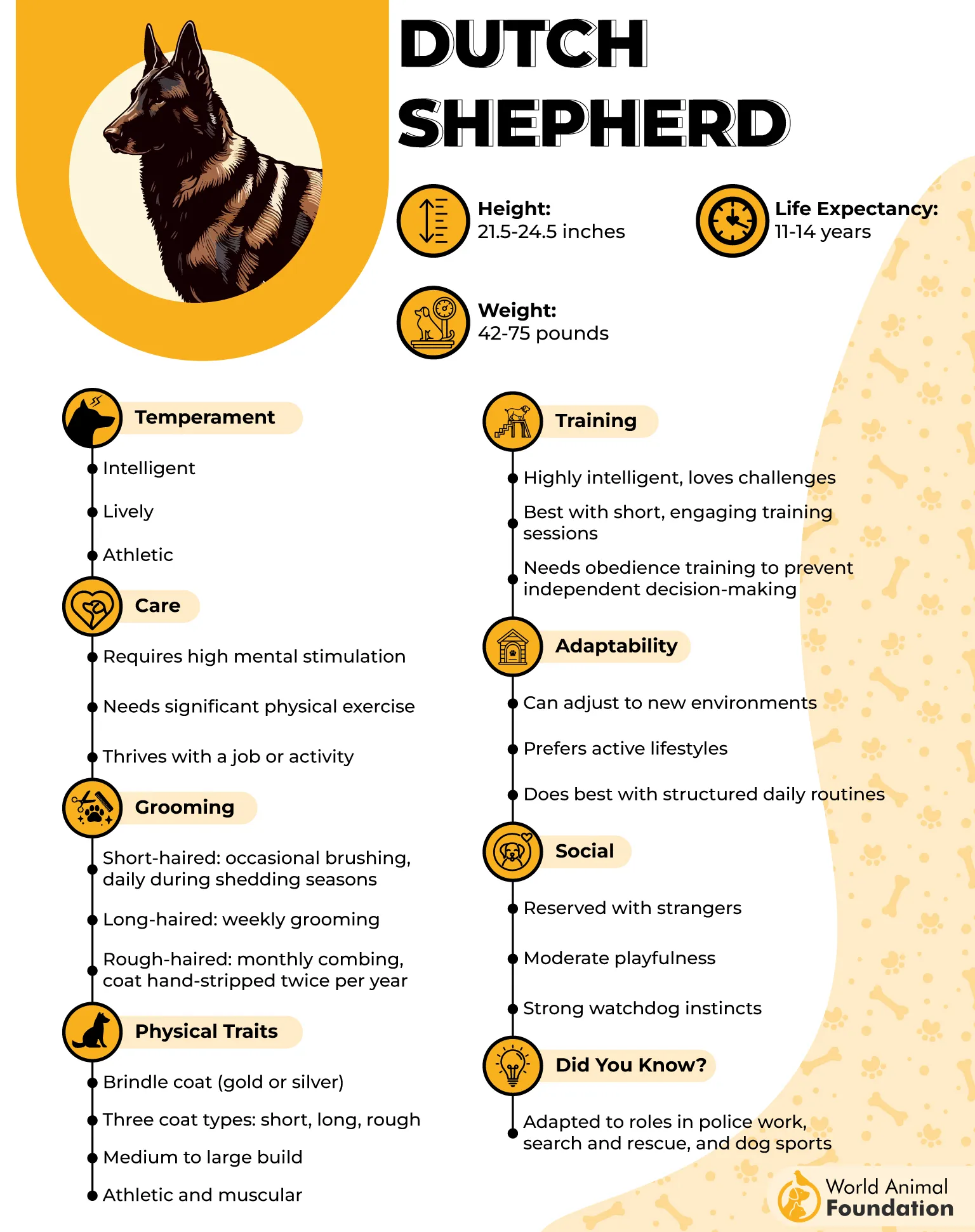
Precision in Scent Detection
Highly trainable in scent work, the Dutch Shepherd is frequently used for narcotics and explosives detection. They can differentiate between overlapping scents, making them reliable in high-traffic public spaces. Handlers often rely on this precision during complex investigations.
Strong Handler Bond
These dogs build a close working relationship with their handlers, which supports smooth coordination in tense situations. The trust they develop allows for quick responses to commands, even in unpredictable environments. This trait enhances both efficiency and safety during operations.
Concluison
The breeds in this list have earned their place through more than physical ability. They show discipline, awareness, and a drive to work that makes them reliable in many settings.
From tracking suspects to search and rescue work, their skills support a wide range of law enforcement needs. In a police department, the perfect police dog must perform under pressure while protecting officers in unpredictable situations.
Many also take on roles in public safety, such as detecting illegal substances at an airport or train station. Their value lies in the balance between focus and control, traits that keep communities safer while building trust with the handlers who rely on them.


